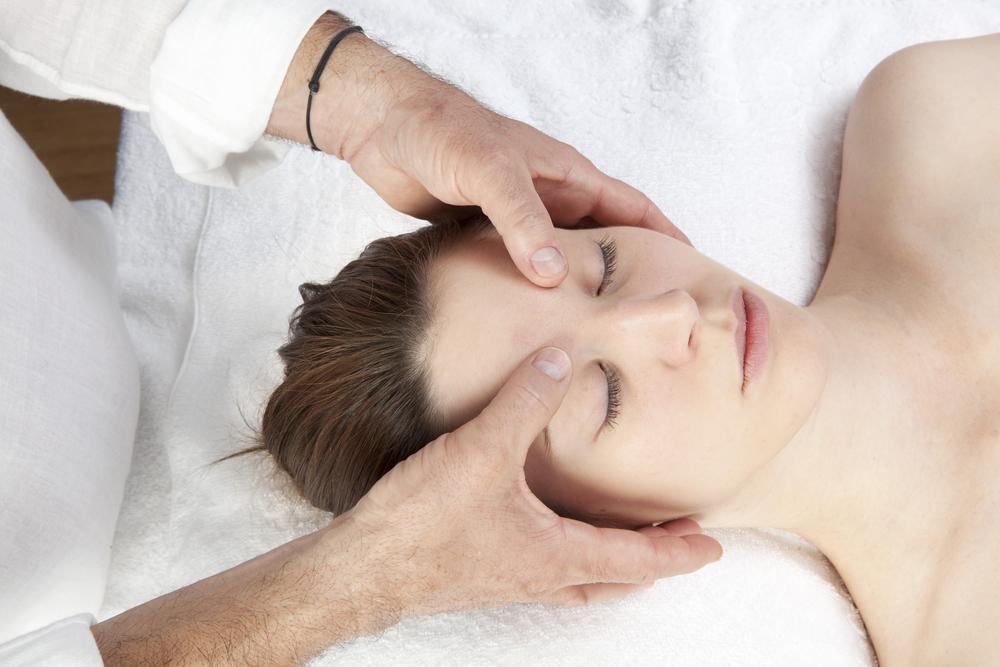Comprehensive Guide: 14 Effective Strategies for Managing Migraine Pain
This comprehensive article explores over 14 proven strategies to reduce migraine pain, including lifestyle changes, natural remedies, and medical options. Learn how identifying triggers, managing diet and sleep, and utilizing therapies like acupuncture and supplements can help sufferers regain control and alleviate symptoms. A detailed guide for effective migraine management aimed at improving quality of life.

Comprehensive Guide: 14 Effective Strategies for Managing Migraine Pain
Discover proven methods to alleviate migraine discomfort
Migraines are a prevalent neurological condition affecting approximately one in six people worldwide, with women experiencing higher rates. These severe headaches can significantly impair daily functioning, productivity, and overall quality of life. Understanding how to manage migraine symptoms effectively is crucial for those affected. Fortunately, a combination of lifestyle modifications, natural remedies, and medical interventions can substantially reduce the frequency and severity of migraines. In this comprehensive guide, we delve into over 14 practical and scientifically-backed strategies to help you find relief from migraine pain and improve your well-being.
Migraines are complex neurobiological disorders involving abnormal brain activity and changes in neurotransmitter levels. While their exact cause remains multifaceted, many triggers and management techniques are well understood. Implementing these strategies can empower sufferers to regain control over their health and minimize disruptive episodes.
Identifying and Managing Migraine Triggers
One of the cornerstone approaches in migraine management is recognizing and controlling triggers. These are specific factors or conditions that can precipitate episodes. Keeping a detailed migraine diary can help identify patterns and pinpoint personal triggers, enabling targeted avoidance or modification. Common triggers include hormonal fluctuations, dietary choices, stress levels, sleep patterns, and environmental factors.
Managing hormonal fluctuations: Hormonal changes, particularly in estrogen levels, are a prominent trigger for many women. Fluctuations before menstruation, pregnancy, or menopause can cause migraines. Consulting with a healthcare provider about hormonal therapy options, such as low-dose estrogen supplements or contraceptives, may help stabilize levels and reduce attack frequency.
Alcohol consumption and diet: Certain beverages like beer and酒 can trigger migraines. Some individuals find that alcohol, especially red wine or bourbon, exacerbates symptoms, while others tolerate certain spirits better. Identifying personal alcohol triggers by tracking intake and symptoms is essential for effective management. Besides alcohol, dietary habits play a crucial role. Skipping meals or irregular eating can cause blood sugar swings leading to migraines. Regular meals rich in lean protein, whole grains, fruits, and vegetables can promote stability.
Managing caffeine intake: While caffeine can provide temporary relief, over-reliance or abrupt withdrawal may worsen headaches. Keeping daily caffeine consumption below 8 ounces and avoiding sudden reductions help prevent withdrawal headaches and rebound effects.
Sleep hygiene and stress management: Sleep deprivation or irregular sleep schedules are common triggers. Maintaining consistent sleep routines, ensuring adequate rest, and avoiding screen time before bed can help. Incorporating stress reduction techniques such as meditation, deep breathing, or mindfulness can also diminish migraine episodes.
Natural and non-pharmacological remedies
Numerous natural remedies have demonstrated efficacy in migraine relief. These approaches can often complement medical treatment and reduce dependency on medications.
Ice therapy: Applying an ice pack or cool compress to the forehead or neck area can effectively reduce inflammation, nerve activity, and tension, providing quick relief during an attack.
Dietary supplements: Vitamins and supplements, such as Vitamin B2 (Riboflavin) and Coenzyme Q10 (CoQ10), have shown promising results in reducing migraine frequency and severity. Always consult with a healthcare professional before starting new supplements to ensure safety and appropriate dosages.
Relaxation techniques and massage therapy: Gentle massage targeting the neck, shoulders, or occipital nerve area can alleviate muscle tension contributing to migraines. Techniques like Tai Chi, yoga, or progressive muscle relaxation enhance body awareness and promote stress relief, decreasing attack intensity.
Herbal remedies: Herbs like butterbur and feverfew are traditional treatments believed to support vascular health and blood flow in the brain. While some studies support their use, it’s important to seek professional guidance before starting herbal therapies due to potential side effects and interactions.
Acupuncture: This traditional Chinese medicine technique has gained recognition for its potential to provide long-term migraine relief. Many studies suggest acupuncture can reduce frequency and severity with minimal side effects, though some benefits may be attributable to placebo effects. Consulting qualified practitioners is recommended.
Medical treatments and prescription medications
For moderate to severe migraines, various medications can be prescribed by a healthcare provider to control symptoms and prevent attacks.
Triptans: These are specialized prescription drugs such as sumatriptan (Imitrex), rizatriptan (Maxalt), and eletriptan (Relpax). They work by constricting blood vessels and blocking pain pathways. While effective, overuse can lead to rebound headaches or medication overuse headaches, so adherence to medical advice is crucial.
Preventive medications: To reduce the frequency of migraines, doctors may prescribe medications like beta-blockers (e.g., propranolol), anti-seizure drugs (e.g., topiramate), or antidepressants (e.g., amitriptyline). These are often recommended for individuals experiencing frequent or severe attacks and require careful monitoring due to potential side effects.
Other pharmacological options: Botox injections have also shown effectiveness for chronic migraines. Always consult a healthcare provider to determine the most suitable treatment plan based on individual health conditions.
Although migraines are common and often debilitating, a wide array of management strategies can offer relief. Combining lifestyle modifications, natural approaches, and medical treatments under professional guidance provides the best chance for reducing attack frequency and improving daily functioning. Always seek personalized medical advice before starting any new treatment regimen to ensure safety and effectiveness.





